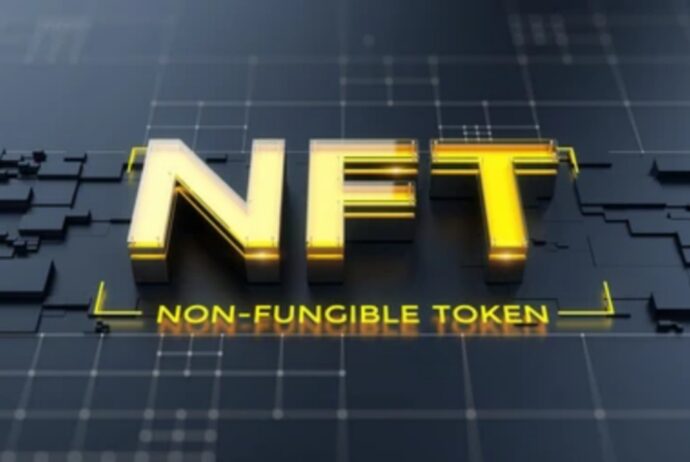Piracy, counterfeiting, and copyright infringements are major issues in the digital world. Thus, can turning your products into NFTs solve these problems? Are we scratching surfaces if it comes to the capability of NFTs? Nonfungible Tokens (NFTs) are now the best common vehicle for serving digital art. Although it has been revolutionary, several crypto enthusiasts think that the niche is just scratching surfaces and creating compelling Nonfungible Tokens cases.
Analysts faults copyright infringements on NFTs
A big issue in selling and buying goods online is authenticity, and recently, many luxury brands are exploring if this blockchain technology can help reduce counterfeiting. The authenticity problem is not restricted to just physical products; digital items also have many problems.
Considering how information or news can be easily shared online, creators face huge struggles in protecting their copyrights. Pictures worth several thousand dollars can be pasted, copied, and re-shared by anybody in just a few clicks. This indeed deprives the creator of its revenue with a small effect.

CypherMindHQ.com Artificial Intelligence Crypto Trading System - Surpass the competition with this cutting-edge AI system! Utilize the prowess of innovative algorithms and amplify your crypto trading strategies with CypherMindHQ. Learn more today!
Software piracy has remained a constant problem; flagship software free versions from Adobe and Microsoft do rounds in the internet’s darkest corners. This can deprive businesses of revenue for innovation, and expenses to the users, given that these files can be muddled with malware.
What’s more, artists and influencers could face another huge issue. Their arts can be robbed by social media active users who pass it off as theirs. Counterfeiting, copyright infringement, and piracy might take many decades to solve. However, as the world becomes digital, NFTs could serve as valuable weapons in an authenticity quest.
Several law-abiding users come into connection with fake arts and content without knowing. It’s due to several online shops and their system’s failure to offer consumers clean ownership proof. It can have knock-on effects if they wish to sell the art or item to someone else later.
Analysts lists ways to authenticate NFTs
In the meantime, Uquid developed a protocol termed NFTD. It is an intelligent market system made for digital arts powered by NFTs. In this market, every seller and the items to offer would be identified by unique token IDs use, with buyers getting ownership verification immediately after their transactions are completed. Most items or arts are sold in this marketplace, such as novels, poetry, videos, movies, sound recordings, and photographs.
Other digital items sold are computer software, games, anti-virus protection, gift cards, and top-up subscriptions. Significantly, a set of cryptocurrencies could be utilized to buy items in the marketplace, alongside Defi payment methods already backed by this Uquid system. Uquid’s approach can input certainty in buying gift cards online, though this can be dented with risk.
Finally, it is vital to add that the NFTD protocol is engineered by Uquid, a token of Smart Chain in the Binance. This blockchain offers low transaction costs and big performance because it produces a block in constant three seconds. This crypto brand is now set to bring NFTs nearer to daily life.



